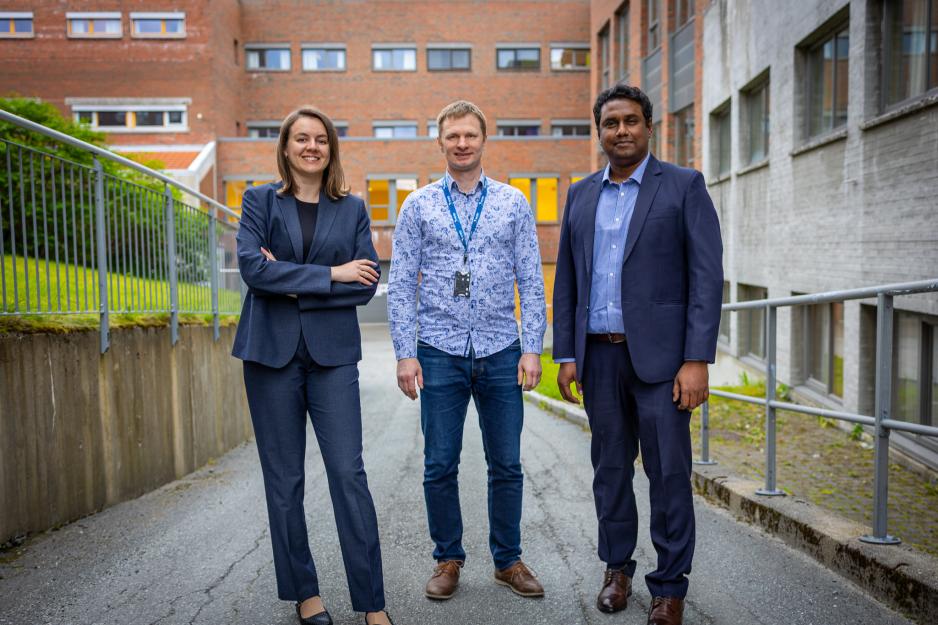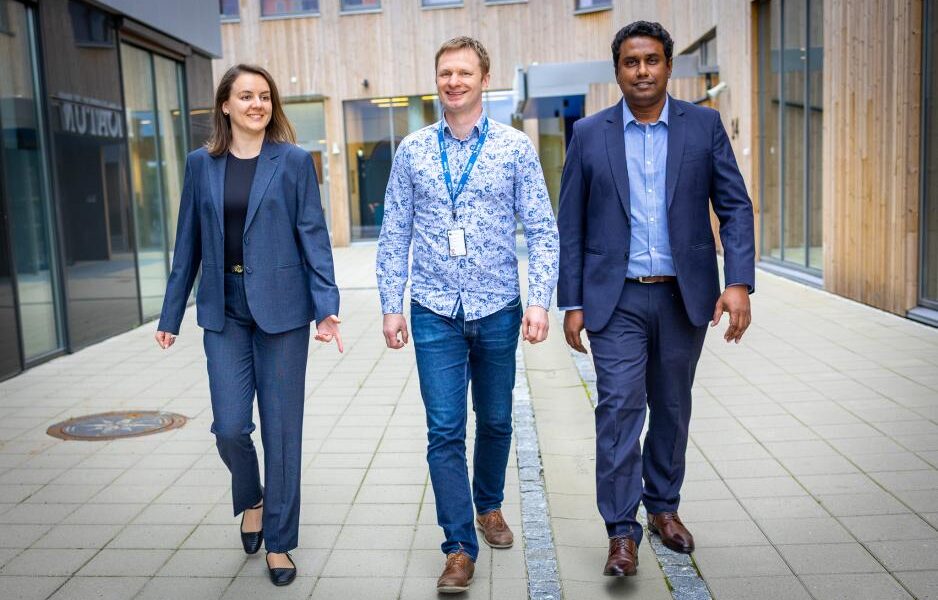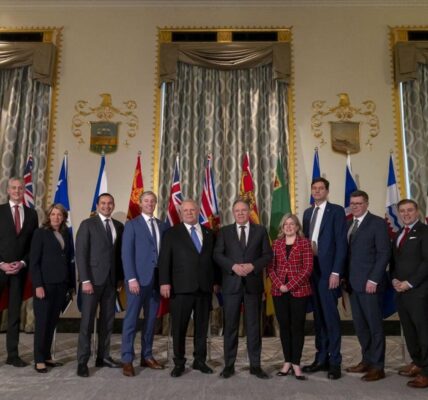A High North Center project receives key international recognition, opening doors to new partners and greater impact across the Arctic. The Arctic Business Index, formerly known as Business Index North, has reached a big milestone.
The project is now officially endorsed by the Arctic Council’s Sustainable Development Working Group (SDWG).
This means the work done by the team is recognized by one of the most important groups working on Arctic issues.
“It’s a confirmation that we are doing important work,” says project leader and researcher Andrey Mineev at the High North Center, Nord University Business School.
Why It Matters
With this endorsement, the project gains higher status and visibility.
It also helps the project grow. Canada is now a co-leader, bringing in new partners, more funding, and more researchers. Other countries may join as well in the future.
“It gets easier to reach the right people and decision-makers. It is a much stronger international project now,” explains research assistant Sakib Jawhar.
The project’s international reach is also growing in Europe.
“We see a lot of interest in Arctic research from the European Union,” says researcher Alina Kovalenko.
Their Goal
The goal of the Arctic Business Index is to give a clear picture of the Arctic economy, business, and society.
The team collects and shares data on jobs, business, investments, and other important topics for the Arctic. Their reports help governments, companies, and communities understand what is happening in the region.
The project now covers all eight Arctic countries and looks at 22 regions in detail. It also pays special attention to young people, local communities, and Indigenous voices.
“We want to inform not only people in the Arctic, but also those in the rest of the world. It’s important to show what is happening here,” Kovalenko shares.
New Opportunities
The team hopes the endorsement will pave the way for closer cooperation with partners across the Arctic, including Russia, when possible.
“If you’re going to study the Arctic, it makes sense to include all eight countries. Russia accounts for half the Arctic, so it’s important to ensure data quality from there,” says Mineev.
At the moment, there is no institutional cooperation with Russia due to sanctions, but researcher-to-researcher collaboration is still possible, and the Arctic Council allows for project-level cooperation among experts.
“It’s challenging, but the project may gradually open doors for future data sharing on the Arctic and collaboration when the situation allows.”

A Proud Moment for the Team
For now, the team celebrates its achievement.
“For me, it’s huge. I can proudly say that it was endorsed while I was part of it. So it’s a moment of huge pride for me,” Jawhar says.
The team has many plans and a lot of things in the making.
“Together with our partners, we’re working on new reports, online tools, and ways to share stories from people and businesses in the Arctic,” Mineev concludes.
These are behind the project:
The project Arctic Business Index is implemented via a network of Arctic experts and institutions. The current institutional partners are:
- High North Center for Business, Nord University Business School, Norway (lead partner)
- KPB, Bodø, Norway
- Arctic Economic Council
- Center for High North Logistics, Norway
- Icelandic Arctic Cooperation Network, Iceland
- Institute of the North, USA/Alaska
- Saskatchewan University, Canada (partner via AFIC initiative)
- Laval University, Canada (incoming partner)
Expert partners are:
- Dr. Karen Everett – Laval University, Canada (expert network partner)
- Dr. Alexandra Middleton – Oulu University Business School, Finland (expert network partner)
- Dr. Ossi Pesamaa – Luleå University of Technology, Sweden (expert network partner)
- Dr. Javier Arnaut – Greenland University, Greenland/Kingdom of Denmark (expert network partner)
- Dr. Diane Hirshberg – University of Alaska Anchorage, USA (expert network partner)
- Petur Benedikt Petursson – Iceland, Doctoral student at the University of Cambridge (UK)
The project is expanding, and more institutional and expert partners are expected to join.
Norway and Canada are co-leads for the project at the state level.




